I have seen quite a few message threads in this forum which include various definitions and interpretations of organic growing. I thought it might be useful to have a unified discussion of what the term means to different people.
Let me say up front that I am an organic grower, and have always been one. I am not certified, would not want to be, and could not be certified because of some of the current government certification rules. However, I do consider my produce as organic within my interpretation of the term. The forum description of organic gardening says: "Organic gardening is most easily defined as a philosophy that stresses the use of naturally occurring substances and friendly predators and avoiding man-made chemical fertilizers and pesticides." My growing certainly follows these standards. I stress the use of naturally occurring substances as much as feasible. There are situations where there are no suitable naturally occurring substances. In these situations, I will use an available alternative. For example, I had a significant bindweed problem. No naturally occurring substances I tried eliminated the problem; in addition, a good bit of web research led me to believe that such substances did not exist for my application. In this case I very successfully used two treatments of Roundup to remove the infestation. I still stress the use of naturally occurring substances for weed control whenever possible. Another example that illustrates this emphasis for me is application of N fertilizer or amendments. I have brought in tractor trailer loads of manure (60000 pounds a load), many tons of plant waste, and lots of other organics to amend my soil and produce compost. However, I have not been able to satisfy crop needs for N. Therefore, I must supply nitrogen fertilizers that would not be accepted under the government organic certification standards. There simply are no suitable sources of N that would meet the rather strict government standards. This conclusion was confirmed by several knowledgeable professionals, as well as my own research. As the forum definition says, I try to avoid man-made fertilizers as much as I can. In some cases such avoidance is not possible if quality crops are desired.
Another definition of organic (Merriam-Webster) is "forming an integral part of the whole." This definition very accurately describes my organic approach. I attempt to achieve the best overall result in growing, taking into account both the environment and the nutritional quality of the crop. The balancing act between the environment and food quality is a tough one. USDA and California seem to be focused on controlling many agricultural inputs in the certification process, and have less focus on the final produce quality or produce cost. Some other advocates of organic growing are more focused on food quality and allow other inputs to insure productive farming and quality produce. I balance in my own way, but always try to insure that there is a quality food produced at the end. If I produce an inferior organic product, I am not going to please anyone.
A key issue in my mind which seldom gets directly acknowledged is sustainability and time utilization. Often I will find recommendations to solve a given problem which would require significant time and effort to implement. There might be an alternative which would bring the same desired end result, but which would use some non-certified or "non-sustainable" method. A great example is some folks in our area who have two acres covered with landscape rock which has been overgrown with weeds. An attempt was made, taking many hours, to remove the weeds by pulling. It was clear that this was going to take an inordinate amount of human time and labor, and the result would not be lasting. The alternative I suggested, and which was adopted, was to apply an herbicide to kill the weed field, and then use a flame thrower to remove the dead debris. This alternative took a very short time to accomplish compared to weeding. Is it the most sustainable solution? Yes! Remember that human time is a non-renewable resource; your time has a significant value, and cannot be replaced. For the cost of a few gallons of propane, a major problem was eliminated. Propane is also non-renewable, but has a very much smaller environmental and social cost than the human labor that was saved. Again, I label the herbicide/flame use as the organic approach: the most benign overall result to solve the problem. In my opinion, ignoring the value of human labor is one of the greatest mistakes one can make in organic growing: we have alternatives that make sense for saving us much time. Of course, others will make different balancing decisions. How do you define organic for yourself and those for whom you are producing food?
Renais


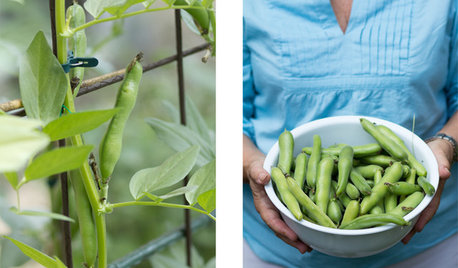

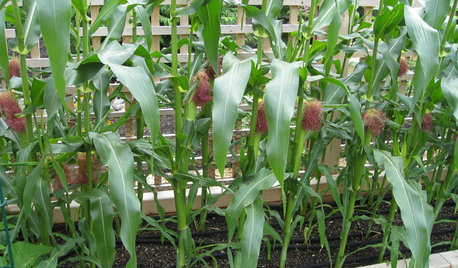
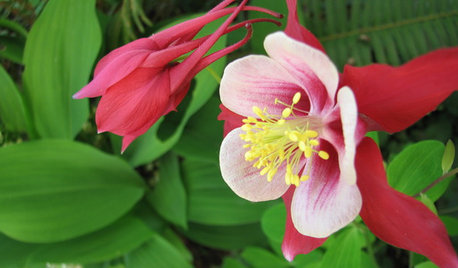

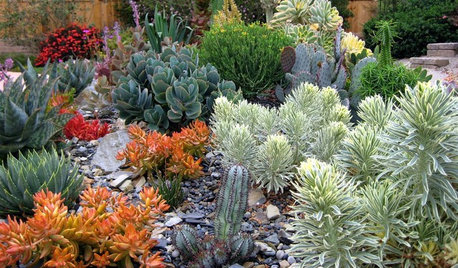

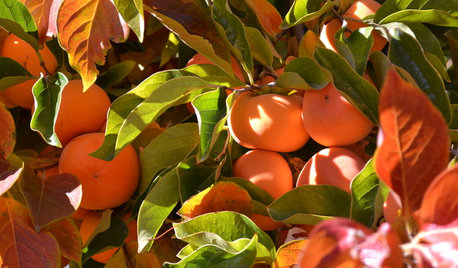





Michael
renais1Original Author
Related Discussions
Good articles on organic apple growing experiences in midwest
Q
Miracle Grow gone organic
Q
What is the correct definition of Organic Gardening?
Q
Growing an organic rose garden during a severe drought
Q
davids10 z7a nv.
zzackey
Hermitian
renais1Original Author
renais1Original Author
Kimmsr
maplerbirch
renais1Original Author
pnbrown
Hermitian
Kimmsr
pnbrown
Kimmsr
Kimmsr
lazy_gardens
Hermitian
pnbrown
Hermitian
Michael
Kimmsr
maplerbirch
pnbrown
Hermitian
Kimmsr
renais1Original Author
strobiculate
Hermitian
lawntofood
Kimmsr
renais1Original Author
renais1Original Author
lazy_gardens
renais1Original Author
lawntofood
nc_crn
maplerbirch
Kimmsr
maplerbirch
lawntofood
lawntofood
nc_crn
renais1Original Author
Kimmsr
maplerbirch
renais1Original Author
Kimmsr
maplerbirch
renais1Original Author